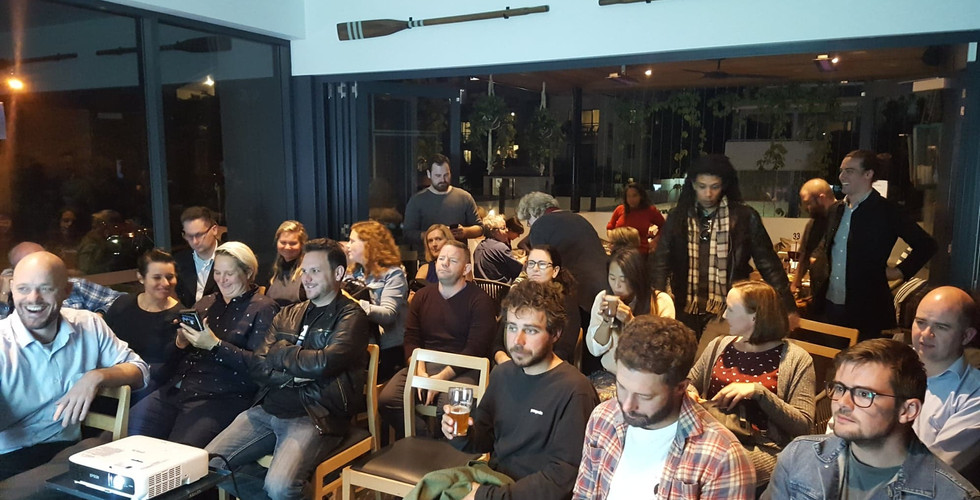Deliberate Clinical Inertia in the Emergency Department – how ‘doing nothing’ can be the best option
Usually when we go to the doctor with a problem, we expect to get treatment - whether it be tests, a treatment, procedure, something - right? These expectations are only heightened when we go to the emergency room and we think, well we're here so we definitely need something - right?!!
But what if the something (tests, medications, procedures, etc.) have higher risk of harm than benefit? What if the best thing is to do nothing?
Dr Gerben Keijzers discusses deliberate clinical inertia in the ED and results of three studies he and his team have conducted to demonstrate that some interventions may not be worth doing. An important piece of advice Dr Keijzer leaves us with is that all patients should ask their health provider five questions developed by Choosing Wisely Australia:
1) Do I really need this test, treatment or procedure?
Tests may help you and your doctor or other health care provider determine the problem. Treatments, such as medicines, and procedures may help to treat it.
2) What are the risks?
Will there be side effects to the test or treatment? What are the chances of getting results that aren’t accurate? Could that lead to more testing, additional treatments or another procedure?
3) Are there simpler, safer options?
Are there alternative options to treatment that could work. Lifestyle changes, such as eating healthier foods or exercising more, can be safe and effective options.
4) What happens if I don't do anything?
Ask if your condition might get worse — or better — if you don’t have the test, treatment or procedure right away.
5) What are the costs?
Costs can be financial, emotional or a cost of your time. Where there is a cost to the community, is the cost reasonable or is there a cheaper alternative?
Listen to Gerben's talk: click here
Slides: click here
About the speaker
Dr Gerben Keijzers
Senior Staff Specialist, Gold Coast University Hospital Emergency Department; honorary Professor of Emergency Medicine, Bond University; Associate Professor position with Griffith University Dr Gerben Keijzers works clinically, conducts clinical research and is a clinical supervisor for medical students at the Gold Coast University Hospital Emergency Department. Gerben completed his medical training and Master's degree in Epidemiology in Nijmegen, The Netherlands. After moving to Australia in 2002 he completed his Fellowship in Emergency Medicine in 2008 and PhD in quality of trauma care. Gerben's research focus is on encouraging collaborative clinical research and is the principle or site investigator for several national and state funded studies. He has over 65 peer-reviewed publications and over 3 Million AUD in successful competitive grant applications. In addition, he is the immediate past chair of the Queensland Emergency Research Collaborative, a member of the clinical trials group of the Australasian College for Emergency Medicine and is section editor for the peer reviewed journal Emergency Medicine Australasia.
Contact email: Gerben.Keijzers@health.qld.gov.au
Twitter: @GKeijzers_EM














